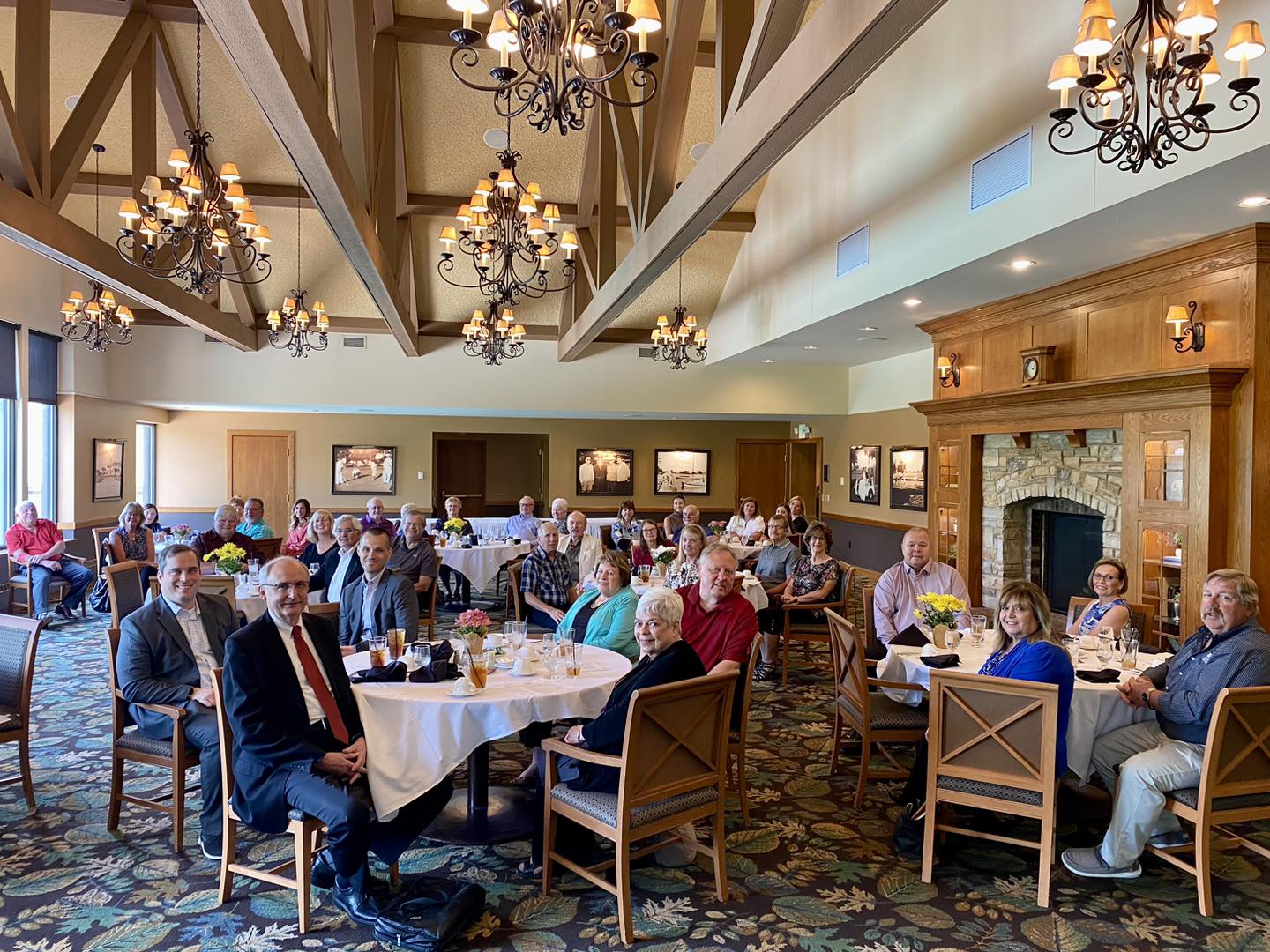Why do I need a will if I have a trust?

Fond du Lac, Wis. (May 23, 2023):
This year’s annual Legacy Luncheon brought together a group of forward-thinking individuals who were eager to explore the topic of estate planning. The event featured a thought-provoking presentation by Attorneys Ron Hammer, Ryan Plisch, and Evan Seibel from Dempsey Law. Among the various questions raised by the audience, one particularly engaged inquiry stood out: “Why do I need a will if I have a trust?”
When creating a trust-based estate plan, it is common to include a pour-over will.
While a trust is designed to handle the distribution of assets during one’s lifetime and bypass the probate process, a pour-over will serves as a backup plan. Its primary purpose is to ensure that any assets not effectively transferred into the trust during the grantor’s lifetime or via non-probate methods are accounted for and directed according to their intended beneficiaries.
Despite the meticulous planning involved in establishing a trust, unforeseen circumstances may arise that hinder the complete transfer of assets into the trust. In such cases, the pour-over will acts as a fail-safe mechanism. By including instructions in the pour-over will, the grantor ensures that any assets subject to probate will ultimately be “poured over” into the trust, aligning with their predetermined distribution preferences.
Without a pour-over will, assets that were not effectively transferred into the trust may fall under the jurisdiction of Wisconsin’s intestacy laws. These laws provide default rules for the distribution of an individual’s assets when there is no valid will in place. By having a pour-over will, the grantor retains control over the fate of these assets and prevents them from being subject to the default laws. Instead, the pour-over will ensures that the assets are either directed into the trust or administered according to the specific terms outlined in the trust document.
Another critical aspect of the pour-over will is its ability to nullify any previously executed wills. Over time, circumstances and intentions may change, and individuals often update their estate plans accordingly. However, if an old will remains unrevoked, it can potentially contradict the terms of a new trust. By incorporating a pour-over will, the grantor can effectively cancel any previous wills and maintain consistency between their trust and other estate planning documents.
In conclusion, to create a harmonious estate plan that reflects your wishes and protects your loved ones, consult with an experienced estate planning attorney who can guide you through the process of establishing a trust-based estate plan with a pour-over will.
